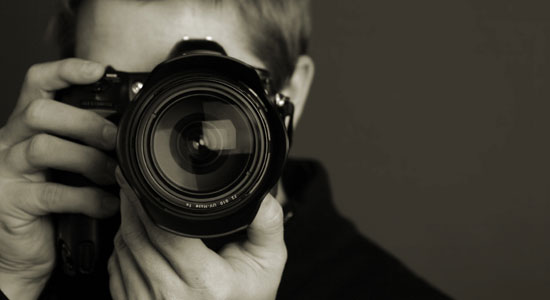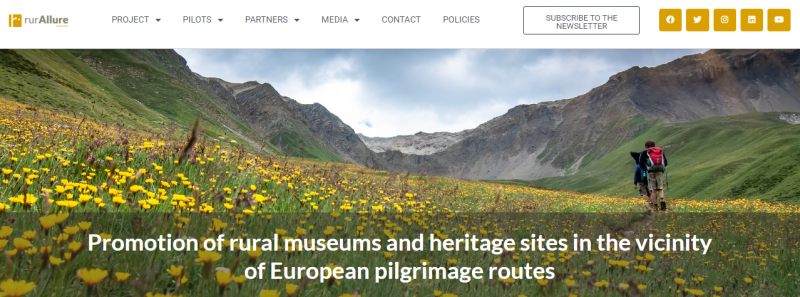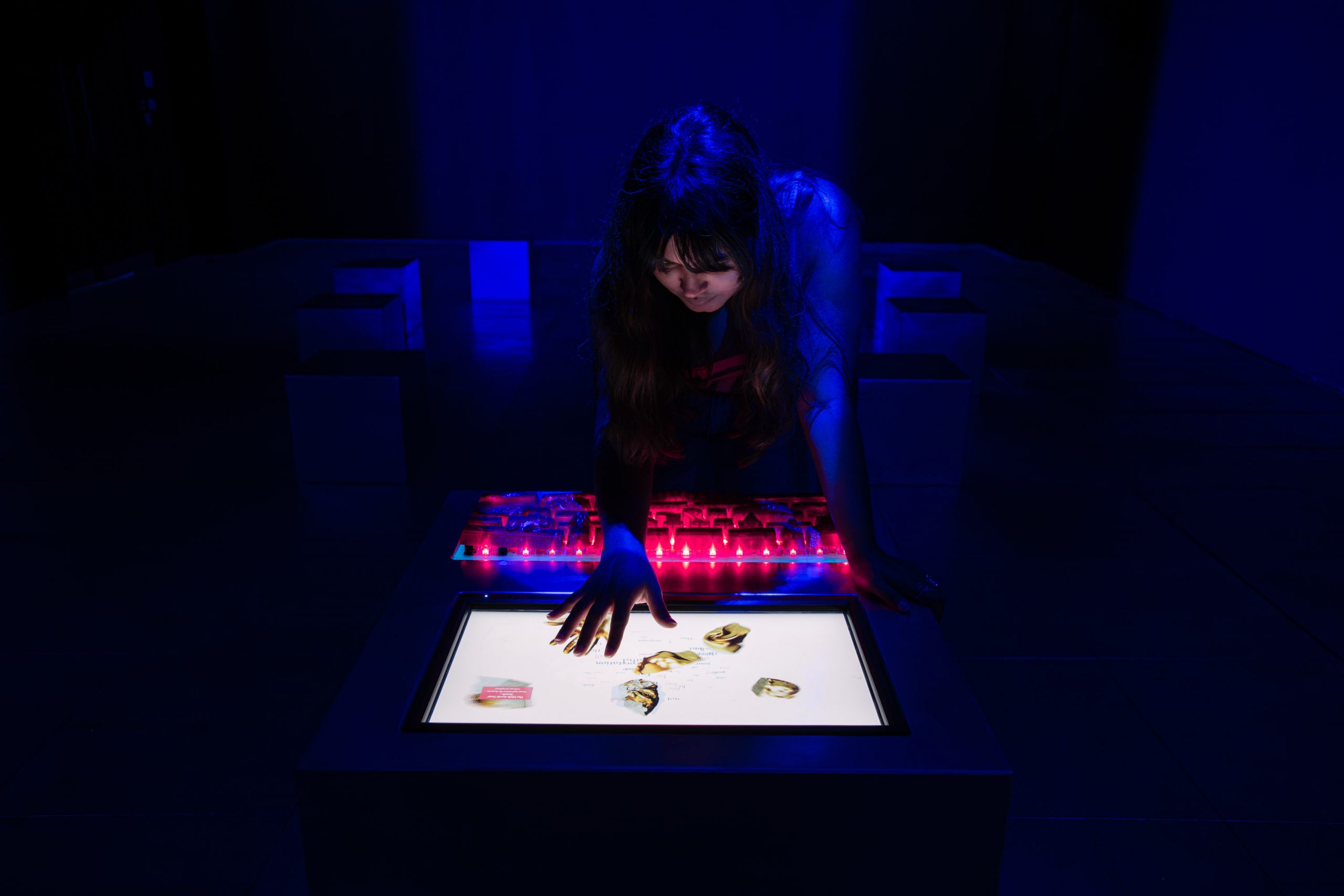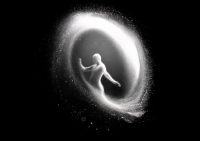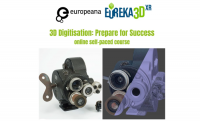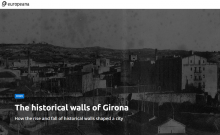The event was organised by the Banská Bystrica Development Agency in cooperation with the Matej Bel University in Banská Bystrica, with the aim of building and supporting the innovation system of the region.
Article by Darina Rojíková, Matej Bel University
On Thursday 11 May 2023, the University Library of Matej Bel University in Banská Bystrica became the venue for the second INNOVATION MEETUP series of events. The event was organised by the Banská Bystrica Development Agency in cooperation with the Matej Bel University in Banská Bystrica, with the aim of building and supporting the innovation system of the region.
More than 70 participants from business, academia, public administration, and startups gathered at the second INNOVATION MEETUP to engage in networking, community building, relationship development, and business-to-business and science-to-business networking in the field of innovation. The aim of the event was, among other things, to exchange experiences, knowledge, and opinions on various topics. The participants of the meetup could get to know interesting projects of existing or starting companies, but also experience scientific research gadgets in the form of virtual reality or the life of microorganisms used in pharmacy and medicine.
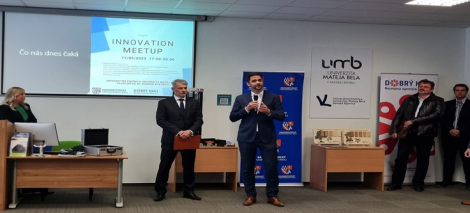
img. courtesy: Kamila Borseková
At the event, the coordinator of research at the Matej Bel University in Banská Bystrica, Kamila Borsekova, presented the innovative and participatory web platform “Mining treasures”, which is the result of work within the international research project INCULTUM. The mining treasures represent a participatory platform and a digital map of the mining treasures in central Slovakia. The purpose of the platform is to introduce and familiarise people with “treasures”, in the form of historical and cultural heritage, left by our ancestors in connection with mining activities in Central Slovakia. The role of the platform is not only to promote and spread interest in visiting lesser-known mining monuments and mining heritage sites, but also to educate children, young people and the general public in this area of history interactively. Few people know that Jakob Fugger, one of the founders of the Thurzo-Fugger company, was the richest man in history, or that the Thurzo-Fuger company introduced a system of double-entry accountancy.
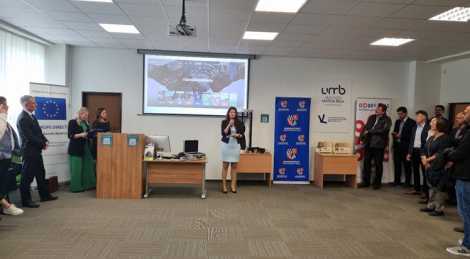
img courtesy: Kamila Borseková
As Kamila Borseková stated at the event: “Although we and our children have learnt about dinosaurs, Mesopotamia, and Egypt, we pay very little attention to our own history, and that is one of the things we decided to change with the Mining Treasures of Central Slovakia project. Thanks to the Mining Treasures project, we discovered immense potential connected with the cultural and historical heritage that this region has, as well as a number of great people who are active, passionate and devoted to protection and further usage of cultural heritage in the region. We also see great potential in starting new business activities, in creating new and innovative products and services. The role of our university can be seen in creating connection between people and activities with the aim to empower this potential for the development of our region.”
Discover more about the Pilot: https://incultum.eu/pilots/3-mining-treasures-of-central-slovakia/
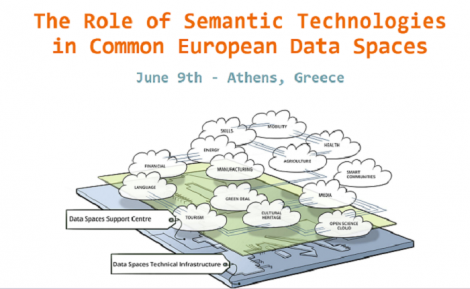


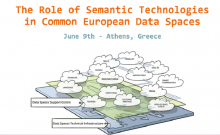
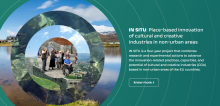
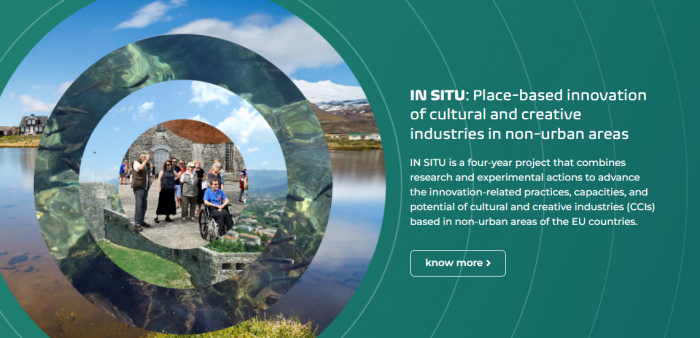
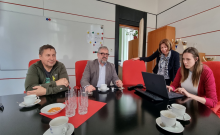


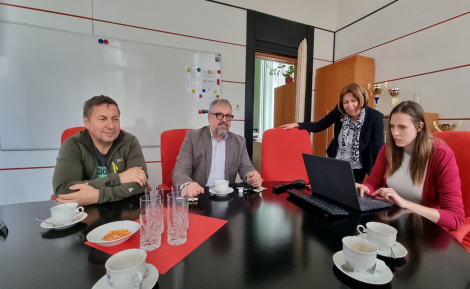
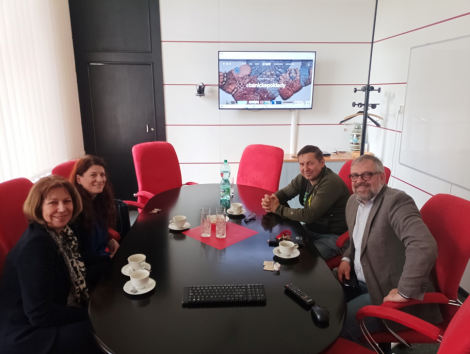
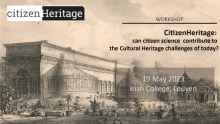
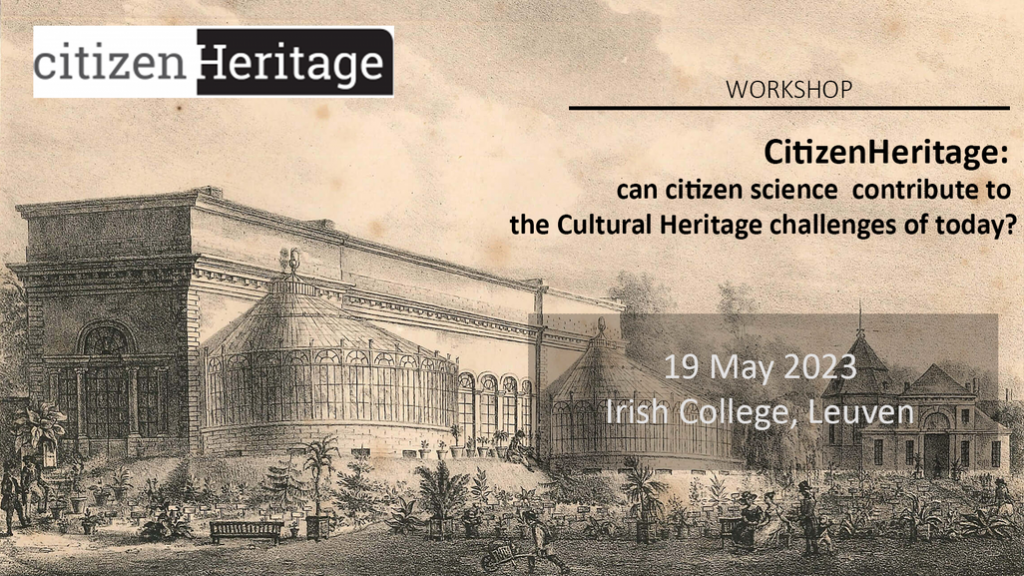
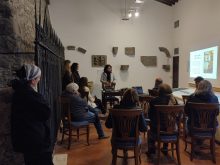
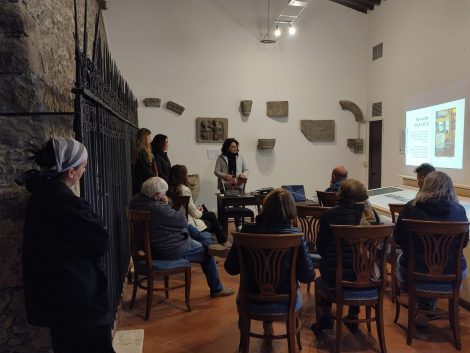




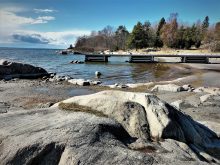
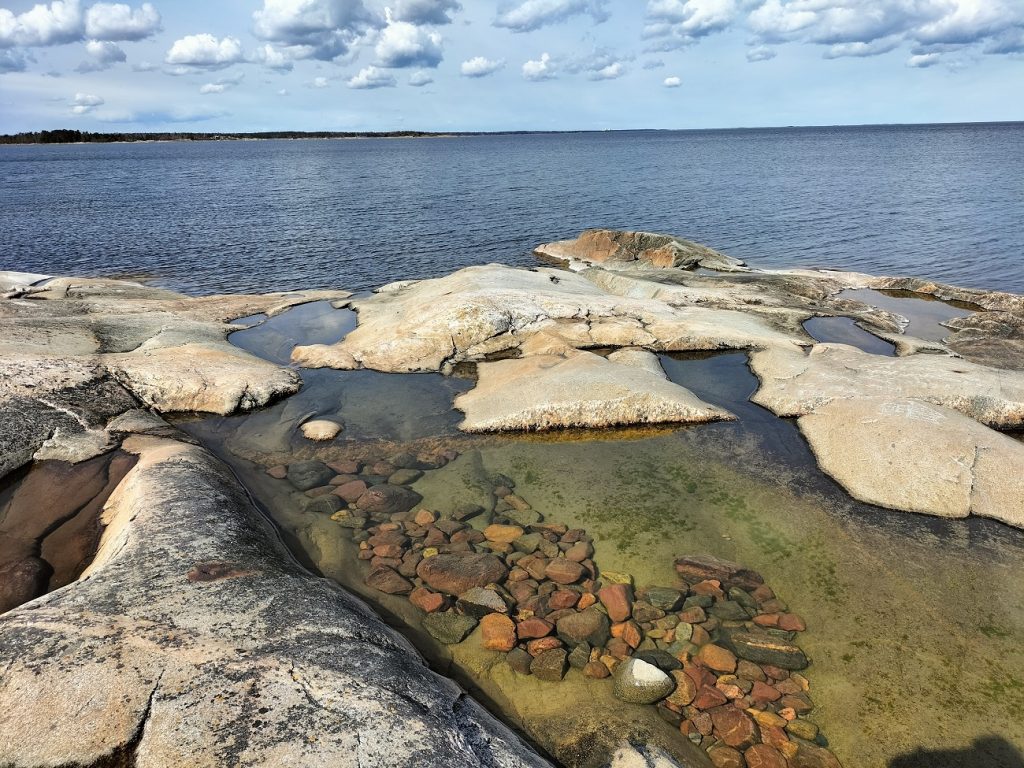
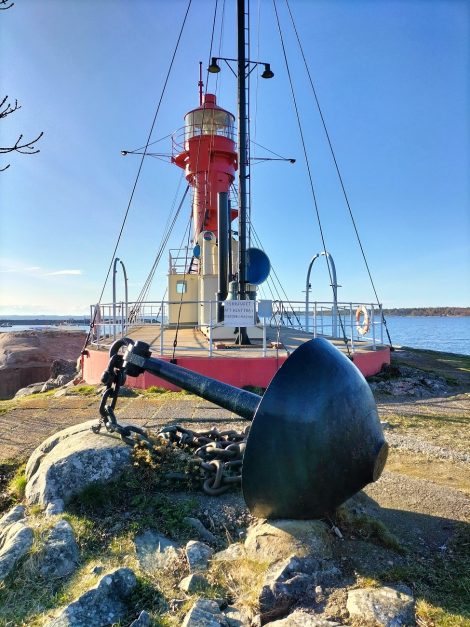 Due to the low population density and a tourism that is mostly concentrated in urban areas, several parts of Sweden have rich archipelago amenities with low exposure to visitors. This unique under-developed rural landscape offers a number of coastal areas for recreation and tourism.
Due to the low population density and a tourism that is mostly concentrated in urban areas, several parts of Sweden have rich archipelago amenities with low exposure to visitors. This unique under-developed rural landscape offers a number of coastal areas for recreation and tourism.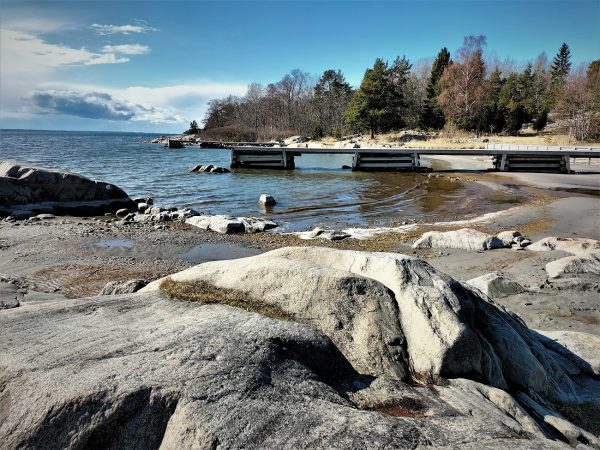
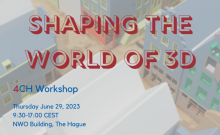
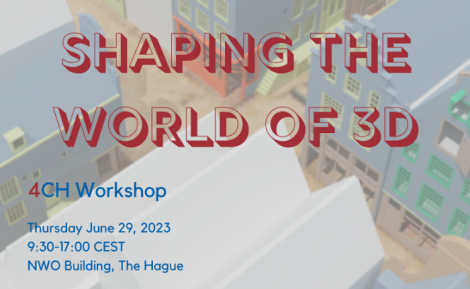

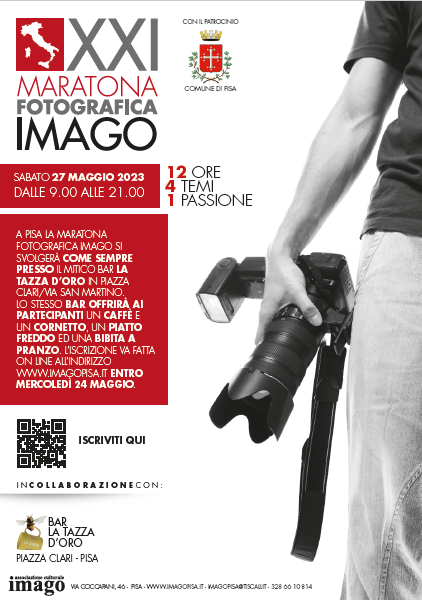 Pisa’s cultural association Imago presents its XXI photographic marathon: 12 hours, 4 subjects, 1 passion.
Pisa’s cultural association Imago presents its XXI photographic marathon: 12 hours, 4 subjects, 1 passion.